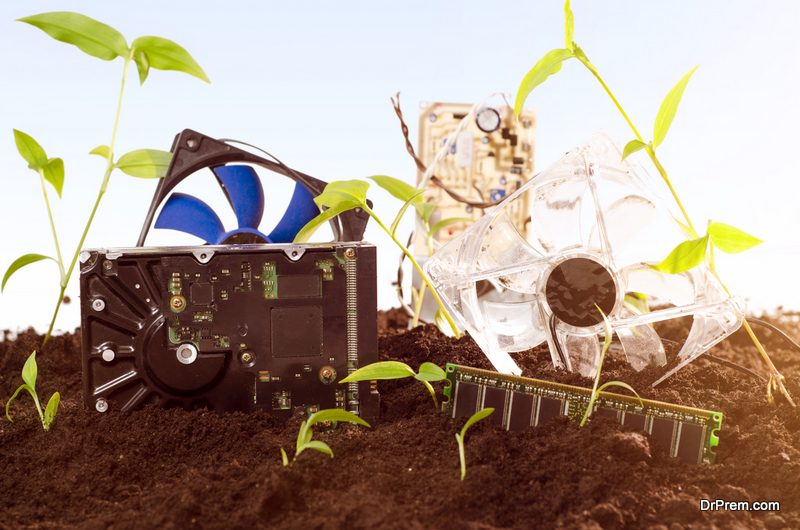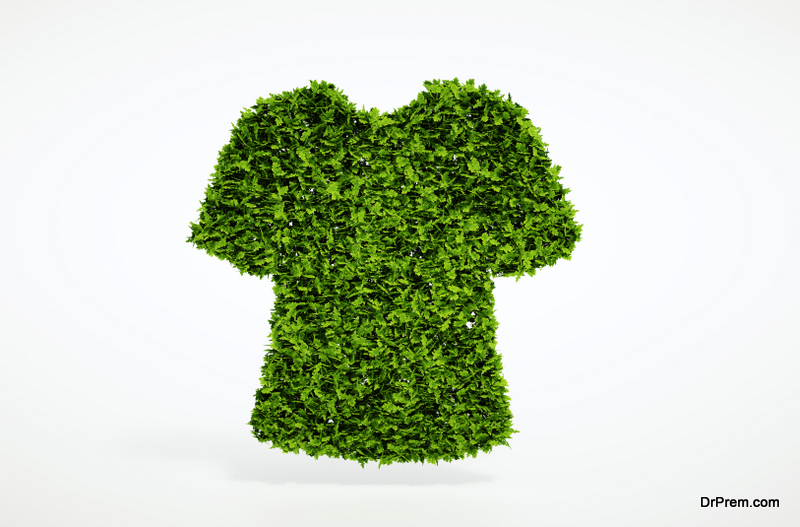If you’ve been doing all the saving you can around the house but find that your budget is still being strained, then you might want to look at recycling. Recycling, if done properly and regularly, can not only save the environment but also money as well. It’s an irresistible two-for-one deal that you’d be crazy to pass up.
So if you want to hop on this world-saving and budget-saving bandwagon, here’s a list of items that you can recycle for the maximum amount of return.
Printer ink cartridges
Printer ink cartridges are some of the most expensive goods you can recycle. They can be quite expensive in the long run and, depending on how frequently you use your printer, they can run out faster than you know it.
It’s a good thing, then, that you can easily save money by recycling printer ink cartridges. You can do this through two methods: turning in your empty printer ink cartridges to recycle centers or printer ink cartridge refurbishing shops, and buying refurbished, compatible, or remanufactured printer ink cartridges instead of new ones. The former allows you to get some money back from your old and empty cartridges, while the latter lets you save a bit more while still having the ability to print high-quality media.
Electronic gadgets
 Do you have any expensive electronic gadgets that are just collecting dust around the house, either due to being obsolete or simply breaking down to the point of uselessness? If so, then you should look into recycling them as well.
Do you have any expensive electronic gadgets that are just collecting dust around the house, either due to being obsolete or simply breaking down to the point of uselessness? If so, then you should look into recycling them as well.
For example, refurbish your old drones by taking them to a drone repair center rather than simply tossing them out or buying new ones. You can also sell them to other hobbyists and other drone refurbishment shops for spare parts. The same goes for your obsolete computer parts, smart phones, or gadgetry. Do this every now and then and you’re sure to see your budget grow a bit healthier due to the savings you’re getting before long.
Water
Water may seem like a strange choice of item to recycle. After all, once water’s dirty or used, you can’t exactly use it for anything else, right? Wrong. As long as you don’t drink it, you can still recycle used water.
For example, instead of using a dishwasher, put a basin on your sink and wash your dishes manually instead. The basin will collect all the water you’ve used to rinse your dishes in, allowing you to use it for other purposes—such as watering your garden or lawn, or perhaps washing your car or driveway. This allows you to save on your water bill as well as conserve water, the latter of which definitely helps the environment some.
Clothes and fabrics
 Are you finding yourself having too many clothes to deal with that your closets and dressers are always full? If so, then you definitely need to recycle some of them—at least, those that you’re perfectly okay parting with. Cut them up and tie them together for some low-cost rags and wipes that you can use to clean around the house with. If you’re feeling especially creative, you can make them into quilts, curtains, blankets, pillowcases and even smartphone covers that you can sell. You can also simply donate them en masse to your local Salvation Army or other charity that receives clothing donations.
Are you finding yourself having too many clothes to deal with that your closets and dressers are always full? If so, then you definitely need to recycle some of them—at least, those that you’re perfectly okay parting with. Cut them up and tie them together for some low-cost rags and wipes that you can use to clean around the house with. If you’re feeling especially creative, you can make them into quilts, curtains, blankets, pillowcases and even smartphone covers that you can sell. You can also simply donate them en masse to your local Salvation Army or other charity that receives clothing donations.
Glass jars and plastic containers
Another surefire way of saving money is to recycle any glass jars and plastic containers you may have hanging about the house. Normal everyday households accumulate quite a glut of these, so there’s a good chance you have some just stashed here and there. Either use them as alternatives for pricey organizers and tool containers or bring them to your local junkshop or recycling center for a healthy monetary return.
Conclusion
It can be difficult to save money, especially in this day and age where expenses seem to keep piling up. Sometimes, though, all we need to do is to look around our homes to see where we can possibly score a surprise windfall or two, while also helping out the environment while we’re at it. Recycling is one of those ways, and we recommend taking it up as a lifestyle habit rather than just an intermittent money-saving tactic. Your wallet and your environment will thank you!
Article Submitted By Community Writer




